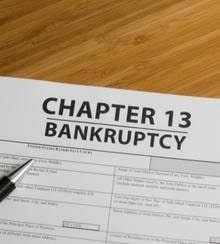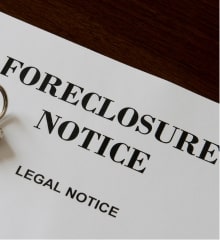Student Loans and Bankruptcy in Georgia
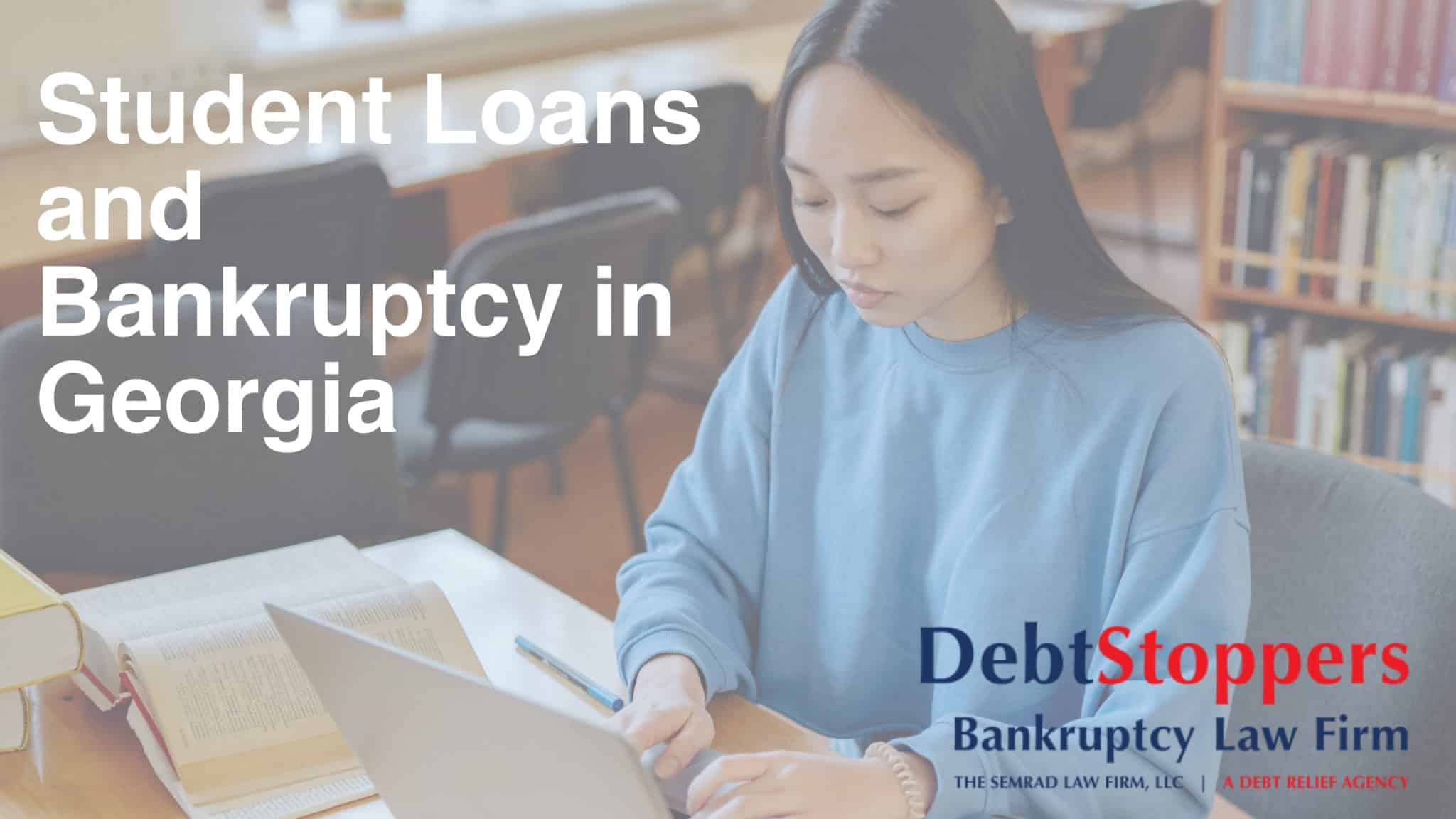
Throughout the country, a student loan crisis is brewing. This has led many student loan borrowers to consider their options regarding this seemingly insurmountable debt.
Filing for bankruptcy is not something anyone wishes for, but many people change their lives by doing so. While it is challenging to have your loans discharged through bankruptcy, there can be some benefits to filing regardless. The knowledgeable bankruptcy lawyers at DebtStoppers can help you understand your options.
When Can I Discharge My Student Loans in Bankruptcy?
While eliminating student loan debt through bankruptcy is possible, the process is usually an uphill battle, and most people will not be permitted to discharge their student loans. Under Georgia law, there is currently only one way for student loan debt to be discharged through bankruptcy. You must prove that continuing to make payments would cause you undue hardship.
There is no firm, objective definition of undue hardship. Instead, the courts look at several factors and decide on a case-by-case basis.
Some factors courts will consider include:
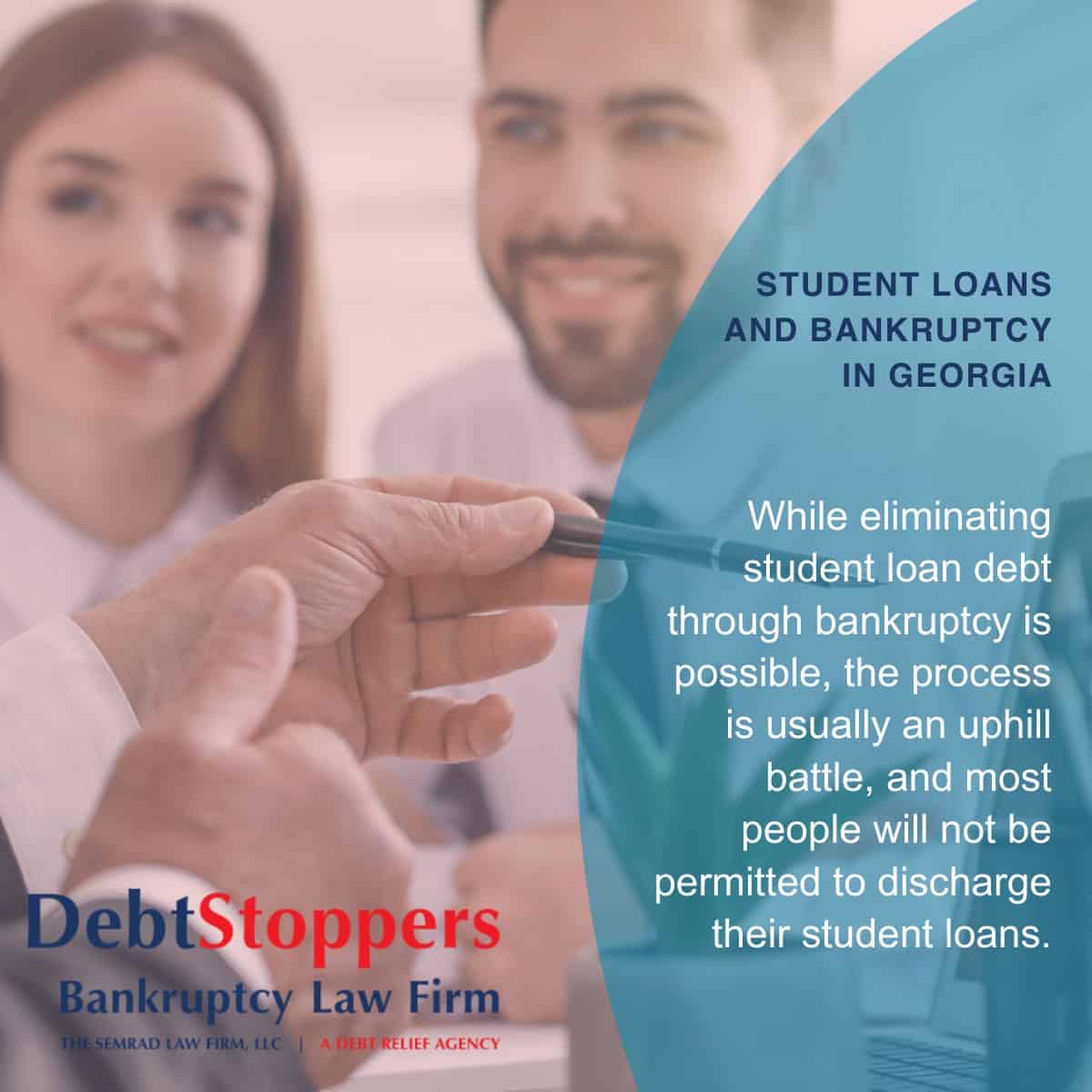
● Whether you can maintain your standard of living while continuing to repay your student loan debt.
● Whether the presence of additional circumstances likely to persist during the repayment period will affect your ability to repay the loans.
● Whether you have made a good-faith effort to repay your student loan debt until the point you filed for bankruptcy.
How Filing Bankruptcy Can Still Help
While it’s not common for individuals to meet the undue hardship standard, there are other ways that filing for bankruptcy can help you with your student loan debt. When you file for bankruptcy, you may be able to get other debts discharged, which will free up funds to help you repay your student loan debt.
Additionally, filing for bankruptcy may allow you to consolidate multiple debts – including student loan debt – which can reduce monthly student loan payments. Ultimately, each situation is very fact-specific, and it’s essential to obtain professional help from an experienced bankruptcy attorney.
Chapter 13: Reorganizing Your Debts
Filing Chapter 13 bankruptcy lets you reorganize your debt instead of eliminating it. You must follow a repayment plan that details how you will repay your debt over a particular timeframe, usually a 3-to-5 year period. Importantly, you are not required to pay off the entirety of your student loan debt within that timeframe.
Your student loan monthly payments may be lowered, and filing will delay payments, which can be helpful. However, interest will still accrue, ultimately significantly increasing the amount of student debt you are responsible for.
Additionally, once you file for bankruptcy, the court issues an "automatic stay.” This prohibits student loan providers from attempting to collect on your debt, preventing any harassment from the companies.
Chapter 7: Discharging Other Debts
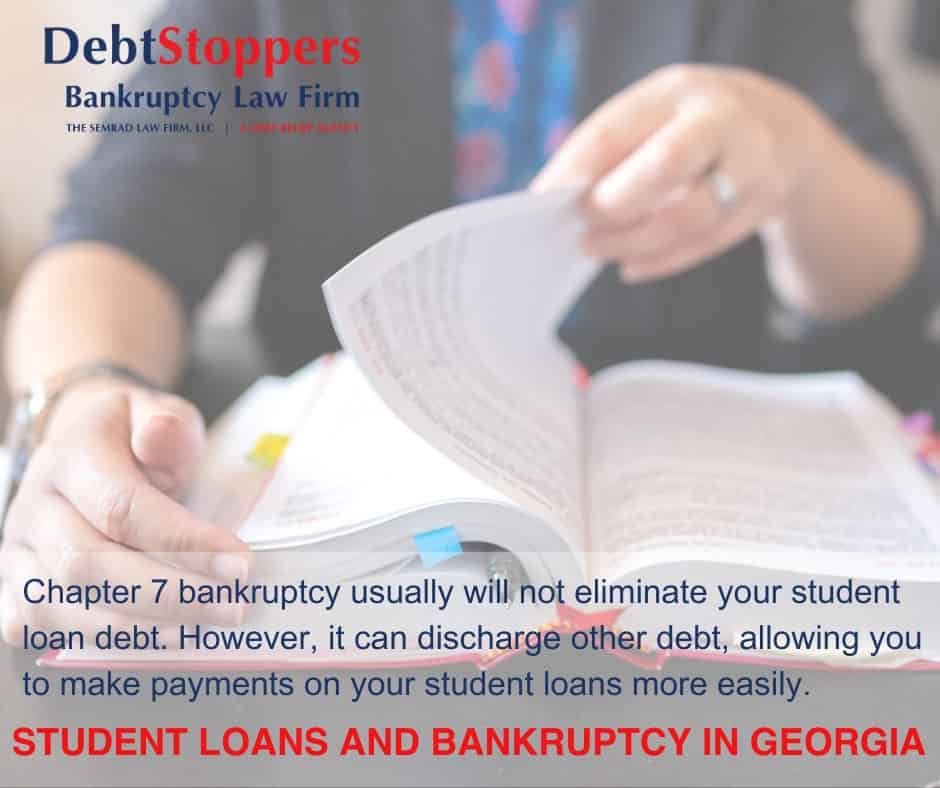
Chapter 7 bankruptcy usually will not eliminate your student loan debt. However, it can discharge other debt, allowing you to make payments on your student loans more easily.
As with Chapter 13, once you are approved for Chapter 7, student loan providers or debt collection companies cannot attempt to collect payment. Through Chapter 7, certain debts may be discharged, such as medical bills, credit card debt, past due rent, overdue cell phone bills, and utility bills.
Ask DebtStoppers About Your Student Loans Today
Student loan debt can feel incredibly overwhelming. Fortunately, there are ways to make your debt more surmountable.
If you have questions or want to get started on the bankruptcy process, DebtStoppers is here to help. Contact us today to schedule a free consultation with one of our Georgia bankruptcy lawyers and take the first step on the road to freedom from student loan debt.
Debt Relief for Student Loans and the Student Debt Relief Act
While bankruptcy may not be the most effective way to discharge student loan debt, there are other debt relief options and programs available for borrowers. The Student Debt Relief Act is a piece of legislation aimed at providing relief to those struggling with their student loans.
Understanding the Student Debt Relief Act
The Student Debt Relief Act aims to simplify and improve existing federal student loan repayment programs. The goal is to create a more straightforward and accessible system for borrowers, making it easier for them to manage their student loan debt. Key features of the act include streamlining income-driven repayment plans, expanding loan forgiveness programs, and providing additional support and resources to borrowers.
Income-Driven Repayment Plans
Income-driven repayment plans allow borrowers to make monthly payments based on their income and family size. These plans can significantly reduce the monthly payment amount, making it more manageable for borrowers to repay their student loans. The Student Debt Relief Act seeks to simplify these plans and make them more accessible to borrowers in need of debt relief for their student loans.
Loan Forgiveness Programs
Loan forgiveness programs can provide borrowers with the opportunity to have their student loan debt forgiven after meeting certain criteria. These programs typically target specific professions or public service workers, such as teachers, nurses, and government employees. The Student Debt Relief Act aims to expand these forgiveness programs, providing more opportunities for borrowers to seek relief from their student loan debt.
Seeking Professional Help
If you're struggling with student loan debt and considering bankruptcy or exploring other debt relief options, it's essential to consult with a knowledgeable professional. An experienced attorney or financial advisor can guide you through the process and help you understand your options, including the potential benefits of the Student Debt Relief Act and other debt relief programs for your student loans.
Final thought
While bankruptcy may not be the most effective solution for discharging student loan debt, there are other options available to borrowers. The Student Debt Relief Act and other debt relief programs can provide much-needed relief for those struggling with their student loans. Consult with a professional to explore your options and find the best path to financial freedom.
